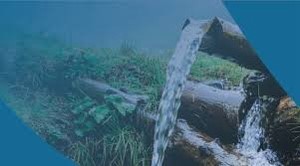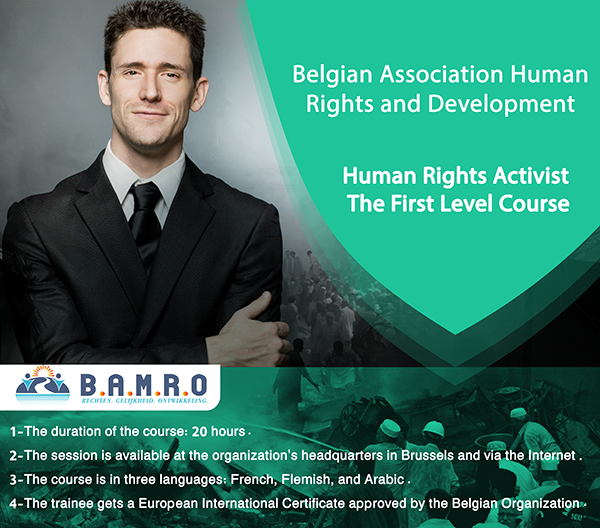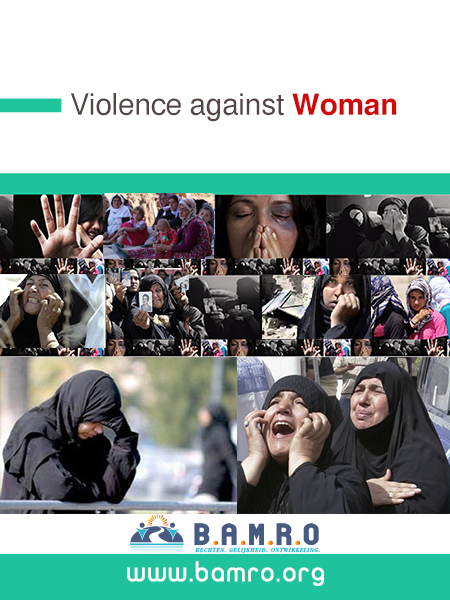Vote
-
For further training via the Zoom program or at our office? ?
Register a
Violation
We you
Contact youS.O.S.
0032 02 7322568
UN 2023 Water Conference
Context Water is a fundamental part of all aspects of life. Water is inextricably linked to the three pillars of sustainable development, and it integrates social, cultural, economic and political values. It is crosscutting and supports the achievement of many SDGs through close linkages with climate, energy, cities, the environment, food security, poverty, gender equality and health, amongst others. With climate change profoundly affecting our economies, societies and environment, water is indeed the biggest deal breaker to achieve the internationally agreed water-related goals and targets, including those contained in the 2030 Agenda for Sustainable Development. The ongoing water and sanitation crisis is a threat to everyone as poor water management increases or multiplies the risks in all aspects of life. The COVID-19 pandemic has exposed our shared vulnerabilities and reminded us of our common destiny. Populations are growing, agriculture and industry are getting more water-intensive, and climate change is worsening. Without a functioning, resilient water cycle for all people everywhere, human health and environmental integrity will always be threatened and a sustainable, equitable future will remain out of reach. Today, a quarter of the global population – 2 billion people – use unsafe drinking water sources. Half of humanity – 3.6 billion people – live without safely managed sanitation. And 1 in 3 people – 2.3 billion – lack basic handwashing facilities at home.1 Over 80% of wastewater is released to the environment without being treated or reused.2 And, droughts could be the next pandemic3 . Almost three quarters of all recent disasters are water related, having caused economic damage of almost US$700 billion in the past 20 years.4 However, water does not only present us with challenges. It also presents us with a great opportunity. If we understand the complex relations and interlinkages, value water holistically, and manage water inclusively at all levels and across all interests, then water can be the dealmaker, the leverage point for a green economy, climate resilience and a more sustainable and inclusive world. Water – because of its many interlinkages – can bring together all stakeholders (individual, institutional, informal) to forge coalitions, strengthen capacities and provide solutions to be replicated and scaled. For this to happen, there is a need to move away from single, targeted and reactive short-term actions towards more holistic, integrated and future-oriented approaches and projects. We must meet environmental, cultural, social and economic challenges with sustainable, equitable and resilient solutions, identify hotspots and innovative opportunities that can be scaled up, including blue and green investment opportunities, and build capacities across all layers of society - informal, individual and institutional, across borders, boundaries and sectors. We need to rapidly find a new balance to ensure sustainable development of water
Listings
- 1
- 2
- 3
- 4
- 5









